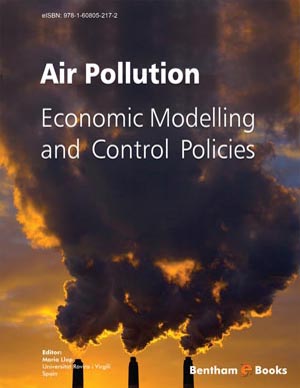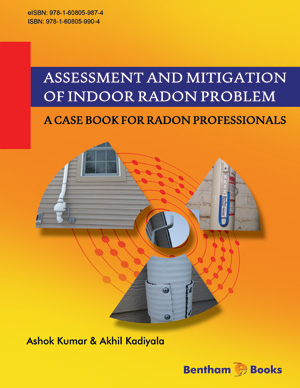Abstract
Focusing on the erstwhile Chengalpattu district, north-east agro-climatic zone of Tamil Nadu region, this research aimed to assess the changes in spatiotemporal patterns and trends of the extreme climatic events and aridity conditions during the period 1971-2000. The trend analysis of the observed climatic parameters was carried out using R software and Mann-Kendall non-parametric test. A statistically significant increasing trend was noted in the warm spell duration (wsdi) and heavy rainfall events (r20mm). The results revealed that Aridity Index (AI) has significant negative trends in northeast monsoon and winter seasons, indicating dryness, and positive trends in southwest monsoon seasons, indicating wet climate. The trends in MI were found to be mostly negative during the southwest monsoon season. The results of the trend analysis in PET revealed a significant increase annually and seasonally. Overall, spatial analysis characterized the western parts as semi-arid, whereas a dry sub-humid climate prevails in the eastern parts, covering the coastal areas. As per the outcome, there may be escalations of 19.5 to 25.7% in PE in the study area. Parts of Kancheepuram, Sriperumbudur, Chengalpattu, Thirukazhikundram, Maduranthakam, and the whole of Uthiramerur blocks are going to be severely impacted due to the rise of PE. This may further trigger an escalation of aridity processes in the future and pose threats to the sustainability of land resources.












